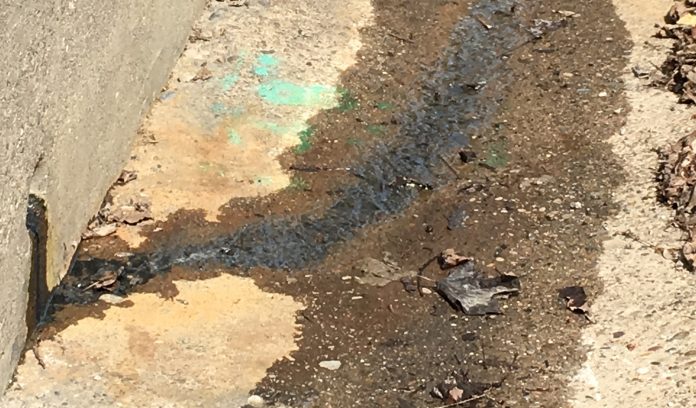
STEUBENVILLE, Ohio — Your Septic System is Your Responsibility. How many people have seen black water running in a ditch or on a road that’s accompanied by a foul smell while driving or walking?
A majority of the time it’s sign of a faulty septic system or a non-existent septic system. Did you know that as a homeowner you’re responsible for maintaining your septic system?
Did you know that maintaining your septic system protects your investment in your home? Did you know that you should periodically inspect your system and pump out your septic tank?
If properly designed, constructed and maintained, your septic system can provide long-term, effective treatment of household wastewater. If your septic system isn’t maintained, you might need to replace it, costing you thousands of dollars in repairs.
A malfunctioning system can contaminate groundwater that might be a source of drinking water. The water from the malfunctioning system can also pollute local waterways, increasing nutrient pollution, which could lead to algae growth in the waterways.
If the malfunctioning septic system is located in a MS4 (Municipal Separate Storm Sewer System) urban area anywhere in the state, it’s going to be considered an illicit discharge and will need to be fixed.
Also, if you sell your home, your septic must be in good working order.
Four steps
There are four easy ways to protect your septic system:
1. Inspect your system (at least every three years) and pump your tank as necessary (generally every three to five years).
2. Use water efficiently.
3. Don’t dispose of household hazardous wastes in the sinks or toilets.
4. Care for your leach field. Avoid driving or parking vehicles on your leach field. Plant only grass over and near your leach field to avoid damage from roots. Keep roof drains, basement sump pump drains and other rainwater or surface water drainage systems away from the leach field.
Flooding the leach field with excessive water slows down or stops treatment processes and can cause plumbing fixtures to back up. Keep in mind that a key reason to maintain your septic system is to save yourself money.
Failing septic systems are very expensive to repair or replace and poor maintenance is often the culprit. With today’s new regulations for installing a new septic system that include soil scientist designed systems and possible discharge permits, on top of the cost of installation, the price tag of a new septic system can become expensive rather quickly.
Having your septic system inspected is a bargain when you consider the cost of replacing the entire system. An unusable septic system or one in disrepair will lower your property’s value and could pose a legal problem.
For information on installation requirements, permits, etc., for septic systems contact your local county Health Department.












